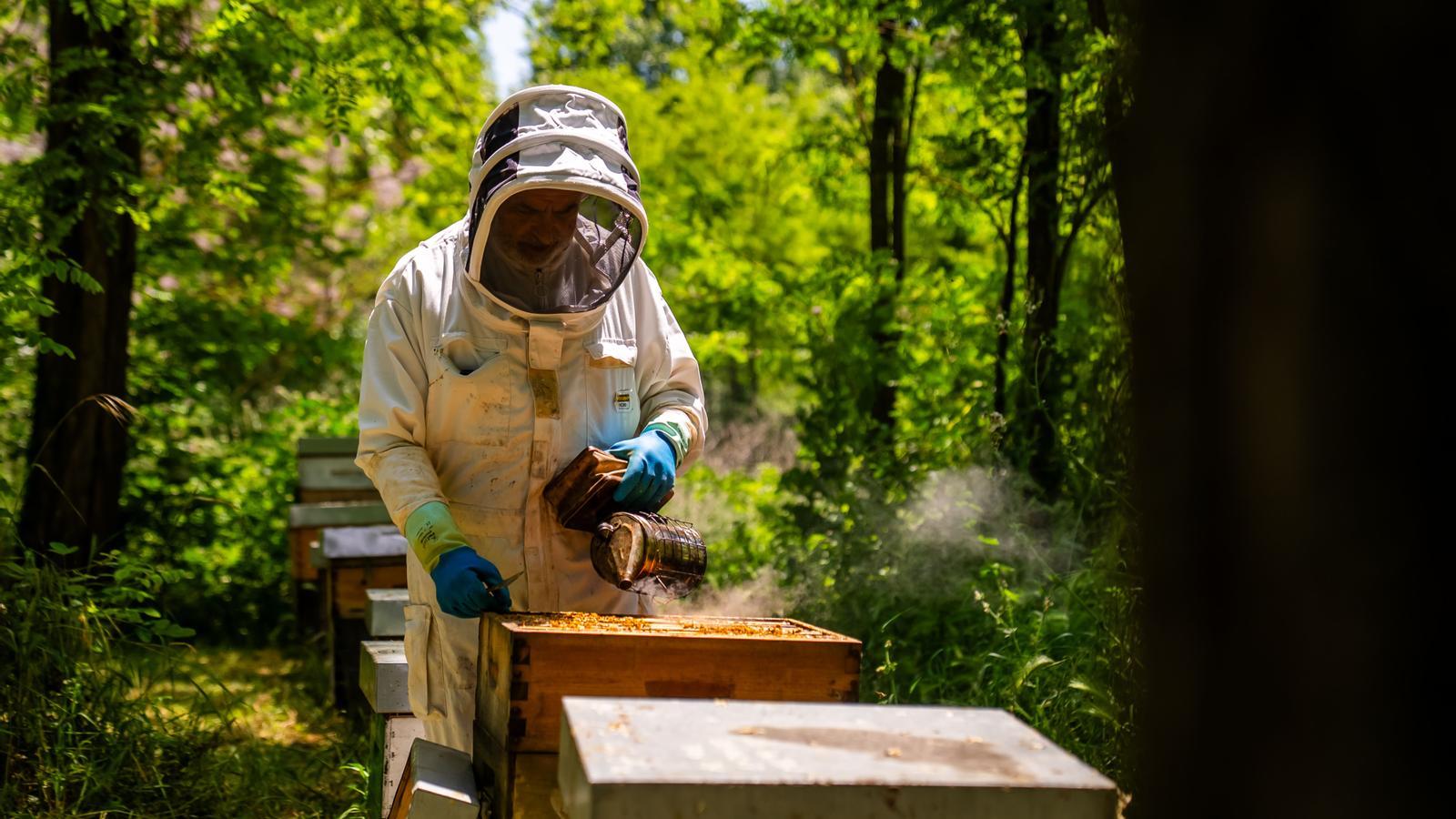The Department of Agriculture promotes Catalan honey
The Catalan Honey Action Plan 2025-2028 includes actions in production, marketing, and aid to the sector to promote the protection and consumption of Catalan honey.

The Department of Agriculture, Livestock, Fisheries, and Food of the Government of Catalonia has launched the Honey Action Plan for Catalonia 2025-2028, which aims to strengthen the nutritional value of Catalan honey. According to the Minister of Agriculture, Òscar Ordeig: "Honey is a heritage of Catalan cuisine and plays a major role in gastronomy," and therefore, its production and consumption are to be promoted.
The plan, agreed upon with the sector, aims, in general terms, to guarantee the viability of honey farms throughout the region and promote consumption of this product. It also recognizes the value of the Catalan beekeeping sector, "making it stronger and more recognized everywhere," according to Ordeig, and reinforces its sustainability.
Actions against the Asian hornet
Specifically, the plan includes five lines of aid, including the purchase of hives and equipment, compensation for damage caused by the Asian hornet, training for new professionals, and product promotion, among others. All of this is intended to guarantee the future of the Catalan beekeeping sector in the medium and long term.
The document also includes a response plan against the Asian hornet, a beekeeping land bank to facilitate the establishment of beekeeping operations, especially in areas experiencing demographic decline, and the creation of a collective brand for Catalan honey, managed by the industry and with institutional support.
The plan also aims to curb the loss of beekeeping operations due to a lack of generational leadership, implement school programs on the importance of bees, promote direct sales and local consumption, improve beekeeping health, combat fraud, and boost the digitalization of the sector.
A sector to be strengthened
Beekeeping is a traditional activity established in many rural areas of Catalonia. As a primary or complementary agricultural activity, it serves an economic purpose and contributes to rural development and population maintenance. Furthermore, it is essential for crop pollination and biodiversity. Therefore, it is strategic from an economic perspective, as it is a backbone of the territory and must ensure the viability of the sector; from an environmental perspective, because it is essential for biodiversity; and also from the perspective of high product quality and exceptional nutritional potential.
1,137 beekeeping farms
Currently, there are 1,137 beekeeping farms in Catalonia. Ten years ago, there were 1,087. The largest number of beekeeping operations is in the Baix Ebre region (25,842 hives), far ahead of the rest, and also in Segarra (10,226 hives) and Noguera (10,172 hives). These three regions concentrate much of the beekeeping activity. To continue adding farms, the government's action plan aims to attract new beekeepers of all ages and modernize the sector.
Catalan honey, unique
Catalan honey has a quality and characteristics that make it unique compared to its competitors. Therefore, the Department of Agriculture, Livestock, Fisheries, and Food aims to create a collective brand for Catalan honey that guarantees its origin and sustainable practices. Along these lines, it aims to implement a quality seal linked to good beekeeping practices, respect for the environment, and biodiversity conservation.
Likewise, the aim is to create an annual Catalan honey competition and place distinctive labels on the award-winning honeys. A honey market will also be held in Barcelona, and the presence of these honeys at gastronomic events held throughout the region will be encouraged, taking advantage of Catalonia's status as the World Region of Gastronomy this year.
